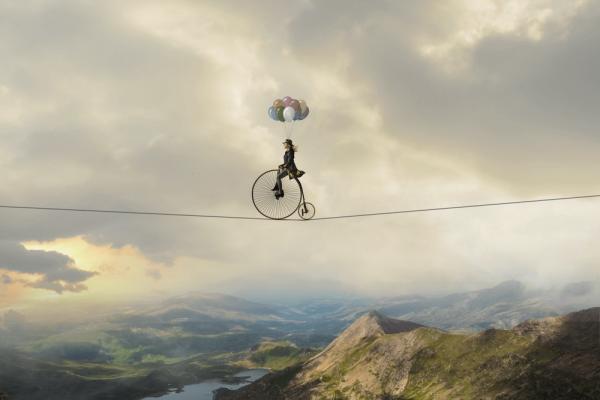Jan 20, 2022
Carrie Newcomer, a musical light-bearer, is a Quaker singer-songwriter who has inspired listeners throughout her career. Her latest release, Until Now (Available Light Records), offers an salve of spiritual renewal. In the past few years we have been through difficult terrain politically and culturally; Newcomer’s music is like dipping our hands in a baptismal font.
Read the Full Article

Already a subscriber? Login
